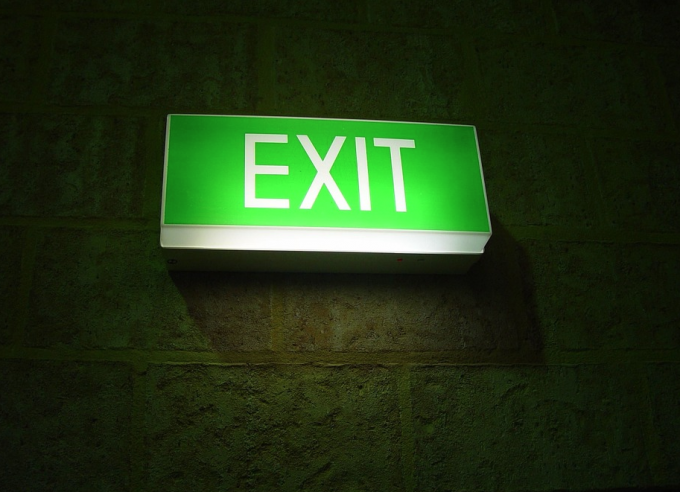Listed private equity funds may not invest in quoted companies but they badly need the post-April recovery in public stock markets to continue if they’re going to see a rehabilitation in their own share prices, says broker Stifel.
The first batch of half-year results from private equity funds last week confirmed a drop in realisations, or exits from investments, following the first quarter slump in stock markets before US president Trump’s tariffs announcement in April.
While markets rallied after Trump subsequently paused the onset of import taxes and negotiated improved trade deals with the UK, Europe and Japan, uncertainty over the impact on the global economy has discouraged companies from embarking on mergers and acquisitions or flotations, which provide private equity funds with their best means of selling down stakes.
Hopes on hold
“Our hopes for a pick-up in realisations and higher returns from the sector at the start of 2025 were dashed by the ‘tariff tantrum’ in April. We expected this market volatility to put a hold on realisations until after the summer and this appears to have been the case, with little sales or new investment activity in recent months,” said Stifel analyst Iain Scouller.
Last week the £340m CT Private Equity (CTPE) said realisations fell to £27.1m in the first six months of this year, nearly half the £52.3m it made in the first half of last year and a quarter of the £108.6m in the whole of 2024.
The £629m Partners Group Private Equity (PEY) said total distributions in the first half had tumbled from €88.8m (£76.4m) a year ago with proceeds from the sale of private equity investments falling to €21.8m, less than a quarter of the €88.5m made in the first half of last year.
Apax Global Alpha (APAX) also reported “slower-than-expected realisations” in its last half-year results before fund manager Apax takes it off the stock market in a £794m transaction.
That meant there was less to offset the dollar’s fall against the euro with negative currency movements the main factor in its net asset value falling 6.1%, even with dividends included.
That was also the case for Partners Group Private Equity, which reported a “disappointing” total 5.7% decline in NAV, and CT Private Equity, down 2.5% in the first half.
“Liquidity challenging”
HgCapital Trust (HGT) bucked what could be a trend. In its interim trading update last month, the £2.3bn investor in software providers reported £165m of realisations from disposals to trade and financial buyers. That compared favourably to the rest of the sector, which it said, “continues to find generating liquidity challenging”. It will report its full half-year figures on 15 September.
Nevertheless, the company’s NAV was flat, down 0.3%. Despite underlying 19% earnings growth from portfolio companies, HGT was weighed down by a small contraction in the multiples used to value its businesses, an impact of the earlier stock market volatility.
Looking ahead to more private equity fund results in the next five weeks, Scouller expected the pound’s 10% rise against the dollar and 4% decline against the euro would be the biggest factor, given what he expected to be broadly stable valuation multiples and the “paucity” of realisations.
Apart from 3i Group (III), which trades on an exceptional 48% premium above NAV, shares in many listed private equity funds continue to languish more than 30% below the value of their investments. Even the comparatively highly-rated HGT has seen its discount widen to 8%, compared to a 3.8% one-year average.
Unflattering “Mag 7” comparison
The wide discounts are frustrating given the long-term good performance most funds have generated. For example, the handful of 3i’s closest rivals generated a 217.6% total underlying return in the 10 years to 29 August, according to data from Deutsche Numis. Shareholder pressure has seen funds allocate more capital to buying back their cheap shares to demonstrate confidence in their portfolios and add incremental gains to investor returns.
More recent performance has been underwhelming, however, with low single-digit returns over two years that is unimpressive against the startling outperformance of US mega-cap technology companies.
“We believe investors, particularly private clients have been losing interest in the sector, and have been more attracted to the excitement from other market segments such as the ‘Mag 7’,” said Scouller.
“We hope that if we see a pick-up in exits and NAV returns of at least 10% per annum, then new buyers will come in, with this eventually reducing discounts,” the analyst said.
For more on investing in listed private equity funds, catch up with our “Understanding Private Equity“ on Friday which featured Patria Private Equity (PPET) fund manager Alan Gauld, Oakley Capital (OCI) partner Steven Tredget and CT Private Equity fund manager Andrew Carnwath.
